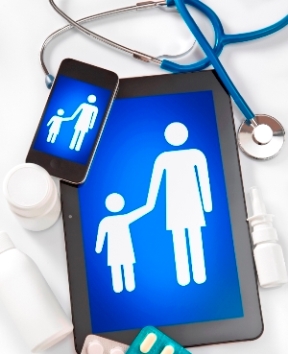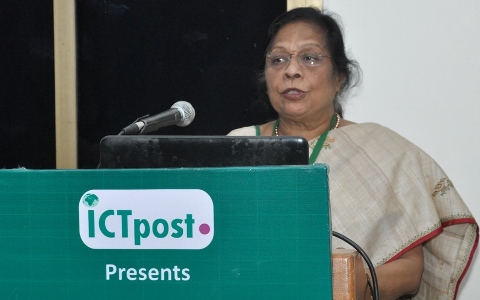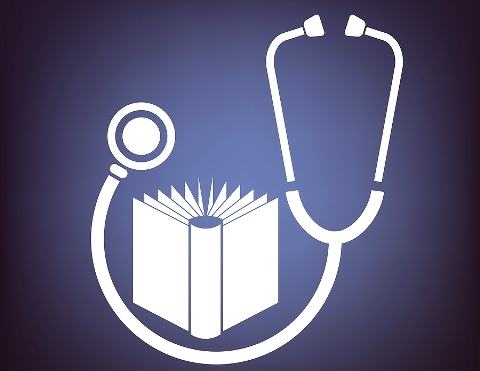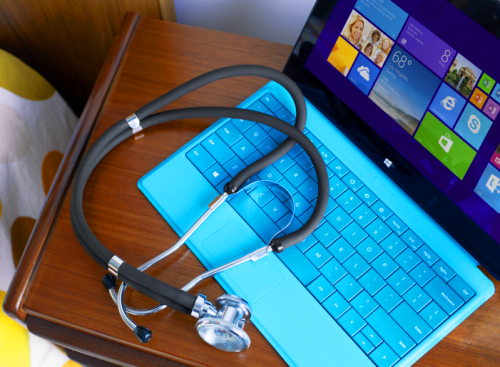ICTpost Health IT Bureau
Information Technology (IT) has the potential to significantly improve efficiency and add value to the healthcare sector in India. Here are several ways in which IT can be effectively utilized:
- Electronic Health Records (EHRs):
- Centralized Patient Data: Implementing EHR systems allows healthcare providers to access and update patient information centrally, leading to better-coordinated care and reduced chances of errors.
- Data Interoperability: Ensuring interoperability of EHR systems enables seamless sharing of patient data across different healthcare facilities, improving continuity of care.
- Telemedicine and Telehealth:
- Remote Consultations: Utilizing IT for telemedicine enables remote consultations, making healthcare services accessible to individuals in remote or underserved areas.
- Digital Health Monitoring: IT can support the use of wearable devices and remote monitoring solutions, allowing healthcare providers to track patients’ health in real-time.
- Health Information Exchange (HIE):
- Interconnected Healthcare Ecosystem: Implementing HIE facilitates the secure exchange of health information among different healthcare entities, improving communication and collaboration.
- Population Health Management: Analyzing aggregated health data through HIE can assist in population health management, identifying health trends and risk factors.
- Data Analytics and Business Intelligence:
- Predictive Analytics: IT can be employed for predictive analytics, helping healthcare providers anticipate disease outbreaks, optimize resource allocation, and improve preventive care strategies.
- Performance Metrics: Implementing analytics tools allows healthcare organizations to track and analyze performance metrics, identifying areas for improvement and enhancing overall efficiency.
- Appointment Scheduling and Patient Management:
- Online Appointment Systems: Implementing IT solutions for online appointment scheduling reduces wait times and improves the overall patient experience.
- Patient Portals: Providing patients with secure online portals allows them to access their health records, test results, and appointment schedules, promoting patient engagement.
- Pharmacy Management Systems:
- Automated Prescription and Dispensing: IT systems in pharmacies can automate prescription processing, reducing errors and streamlining the dispensing process.
- Inventory Management: Implementing IT solutions for inventory management ensures optimal stock levels, minimizes waste, and improves the availability of medications.
- Mobile Health (mHealth):
- Health Apps: Leveraging mobile technology for health apps allows individuals to monitor their health, receive health-related information, and actively participate in managing their well-being.
- Text Messaging for Health Reminders: IT can be used for sending automated text messages for appointment reminders, medication adherence, and health education.
- Cybersecurity Measures:
- Data Security: Implementing robust IT security measures protects patient data and ensures compliance with privacy regulations, fostering trust in healthcare systems.
- Secure Communication: Utilizing encrypted communication channels ensures secure information exchange among healthcare professionals and organizations.
- Continuing Medical Education (CME): Online Training Platforms: IT facilitates online CME programs for healthcare professionals, enabling them to stay updated on the latest medical advancements and best practices.
- Blockchain Technology: Data Integrity: Implementing blockchain technology can enhance data integrity and security, particularly in areas like medical records and supply chain management.
By strategically implementing IT solutions, India’s healthcare sector can enhance efficiency, improve patient outcomes, and provide more accessible and value-driven healthcare services. It requires a holistic approach, collaboration among stakeholders, and a commitment to adopting and adapting to technological advancements.








